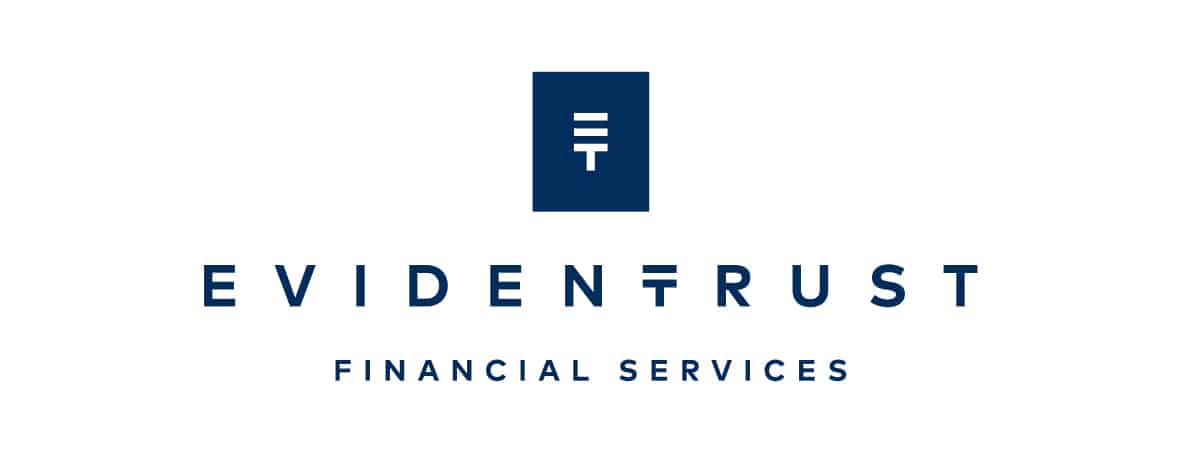Cyprus’s auditing landscape has undergone a significant transformation in recent years, driven by rapid technological advancement. The traditional manual auditing processes have given way to sophisticated digital solutions, reshaping how financial assessments are conducted across the island.
The integration of technology in auditing services has created new possibilities for:
- Real-time data analysis
- Automated compliance checks
- Enhanced risk assessment capabilities
- Improved accuracy in financial reporting
Audit firms in Cyprus must embrace these technological changes to maintain their competitive edge in an increasingly digital marketplace. Those who fail to adapt risk falling behind as clients demand more efficient, accurate, and comprehensive auditing services.
The digital revolution has raised the bar for audit quality and efficiency. Modern audit firms now leverage advanced tools to process vast amounts of financial data, identify patterns, and detect anomalies with unprecedented precision. This technological integration enables auditors to focus on complex analytical tasks while automated systems handle routine procedures.
Current State of Auditing Services in Cyprus
Evidentrust Financial Services Ltd is a leading boutique audit firm in Cyprus, demonstrating how traditional auditing practices can be transformed through the use of technology. The firm’s dedication to excellence is evident in its strategic implementation of advanced digital tools and automated processes, which are raising the bar for audit quality and efficiency in the Cypriot market.
Key Service Innovations at Evidentrust:
- Real-time financial data analysis
- Automated compliance monitoring
- Digital client collaboration platforms
- Integrated risk assessment systems
The regulatory environment, overseen by ICPAC, plays a vital role in influencing the adoption of technology in Cyprus’s auditing industry. ICPAC’s framework establishes:
- Quality Control Standards – Mandating specific technological requirements for audit documentation
- Data Security Protocols – Setting parameters for digital information handling
- Professional Development Requirements – Including mandatory training including emerging technologies
- Compliance Guidelines – Defining acceptable digital audit procedures
These regulatory requirements have sparked a wave of digital transformation across Cypriot audit firms. ICPAC’s technology-focused directives ensure that audit firms uphold high professional standards while also embracing innovation. The institute’s forward-thinking approach has positioned Cyprus as an emerging hub for technologically advanced audit services in the Mediterranean region.
Key Technological Innovations Transforming Auditing Services in Cyprus
The digital transformation of auditing services in Cyprus has introduced powerful technological tools that revolutionize traditional audit processes. These innovations enhance accuracy, efficiency, and value delivery to clients across the financial sector.
1. Data Analytics: Enhancing Audit Quality and Efficiency
Data analytics in auditing represents the systematic computational analysis of data for identifying patterns, correlations, and trends within financial records. This technology enables auditors to:
- Process vast quantities of financial transactions
- Identify irregular patterns or anomalies
- Perform real-time risk assessments
- Generate predictive insights for better decision-making
The implementation of data analytics tools has transformed how Cypriot audit firms conduct their assessments. Advanced analytics platforms can now:
Risk Assessment Capabilities:
- Automatically flag high-risk transactions
- Detect potential fraud patterns
- Identify compliance violations
- Monitor unusual business activities
Quality Enhancement Features:
- Comprehensive sampling methods
- Automated reconciliation processes
- Pattern recognition algorithms
- Advanced statistical analysis
A notable example of data analytics success in Cyprus involves a mid-sized audit company for whom we implemented advanced analytics software to review their client’s accounts receivable. The system identified several duplicate payments and irregular transaction patterns that traditional sampling methods had missed. This discovery led to the recovery of significant funds for the client and highlighted the effectiveness of data-driven audit approaches.
The adoption of data analytics has also enabled Cypriot auditors to shift from sample-based testing to full population analysis. This advancement allows firms to:
- Review 100% of transactions
- Reduce sampling bias
- Increase accuracy rates
- Provide more detailed insights
These capabilities have proven particularly valuable in complex audit engagements where traditional methods would require extensive manual review. The technology has reduced audit completion times by up to 30% while significantly improving the detection of anomalies and potential risks.
2. AI-Powered Tools: Streamlining Audit Processes and Improving Decision-Making
Artificial Intelligence has transformed traditional audit workflows by automating routine tasks and enhancing decision-making capabilities. AI-powered tools handle:
- Document Processing: Automated extraction and analysis of financial statements, invoices, and contracts
- Risk Assessment: Real-time identification of potential fraud patterns and anomalies
- Transaction Testing: Comprehensive examination of entire datasets rather than sample-based testing
Leading Cypriot audit firms have integrated AI solutions to achieve:
- 60% reduction in time spent on routine documentation
- 85% accuracy improvement in risk detection
- 40% faster audit completion rates
A notable case study from the Cypriot audit sector demonstrates these benefits. For an audit company we implemented AI-powered contract analysis software, reducing review time from 4 days to 6 hours while maintaining 99.9% accuracy. The system automatically flagged high-risk clauses and inconsistencies across a number of documents.
AI tools also enhance professional judgment by:
- Providing data-driven insights for complex audit decisions
- Identifying patterns in historical audit data
- Generating predictive analytics for risk assessment
The integration of AI technology allows auditors to dedicate more time to:
- Strategic analysis
- Client consultation
- Complex regulatory compliance issues
- Professional development
These advancements align with ICPAC’s commitment to maintaining high professional standards while embracing technological innovation in audit practices.
3. Blockchain Technology: Ensuring Transparency and Security in Financial Transactions
Blockchain technology is a distributed ledger system that securely records transactions across multiple computers. It creates an unchangeable chain of transaction records, providing auditors with reliable data for verification.
Key Benefits for Auditing Services:
- Real-time Transaction Verification: Auditors can access and verify transactions instantly, eliminating the need for time-consuming manual reconciliations
- Enhanced Data Integrity: Each transaction block links cryptographically to previous blocks, making data tampering virtually impossible
- Smart Contract Automation: Self-executing contracts streamline audit processes by automatically triggering and recording transactions
The use of blockchain technology in Cypriot audit firms has shown significant improvements in transaction security and transparency. For instance, several local firms have adopted blockchain-based systems to track international transactions, resulting in a reduction of verification time by up to 60%.
Challenges and Solutions:
- Technical Complexity
- Solution: Specialized training programs for audit staff
- Implementation: Regular workshops and certification courses
- Integration with Legacy Systems
- Solution: Phased implementation approach
- Implementation: Hybrid systems during transition periods
The adoption of blockchain technology in Cyprus is steadily increasing as audit firms recognize its potential to improve service quality and stay competitive in the digital age.
4. Robotic Process Automation (RPA): Driving Efficiency Through Automation
Robotic Process Automation (RPA) is a game-changing technology that automates repetitive tasks in auditing processes. RPA software robots, or “bots,” perform specific tasks by imitating human actions on digital systems, managing data extraction, processing, and validation across various platforms.
Key Applications in Auditing:
- Bank reconciliations and transaction matching
- Data extraction from different document formats
- Automated report creation
- Validation of data across systems
- Invoice processing and verification
The use of RPA in Cypriot audit firms has shown significant benefits:
Quantifiable Benefits:
- 40-60% decrease in processing time
- 9% accuracy in handling data
- 25-50% cost savings in routine tasks
- Round-the-clock operational capability
Practical Implementation Tips for Cypriot Firms:
- Begin with simple, high-volume processes
- Thoroughly document existing workflows
- Invest in training and development for staff
- Set up clear governance frameworks
- Monitor and assess RPA performance metrics
Leading firms like Evidentrust Financial Services Ltd use RPA to make audit procedures more efficient while still following ICPAC regulations. This technology allows auditors to spend more time on complex analytical tasks and strategic client advisory services.
Integrating RPA requires careful planning and consideration of specific organizational needs. Successful implementation depends on choosing the right processes to automate and ensuring proper integration of systems with existing audit tools and methodologies.
Adapting Auditor Roles and Skill Sets to Embrace Technology
The digital transformation of auditing services requires a significant change in the skills auditors possess. Today’s auditors need to go beyond just knowing about accounting; they must also develop a diverse range of skills that include both financial knowledge and expertise in technology.
Essential Skills for Modern Auditors:
- Advanced data analysis capabilities
- Programming language proficiency (Python, R, SQL)
- IT systems architecture understanding
- Digital forensics expertise
- Risk assessment in digital environments
- Cloud computing platform knowledge
The rise of sophisticated cyber threats means that auditors must also develop strong skills in assessing cybersecurity. These professionals need to be able to find potential weaknesses in their clients’ systems, evaluate how well they protect data, and check the accuracy of digital financial records.
Compliance Challenges in Technology-Driven Audits:
- AI algorithm bias detection and mitigation
- Data privacy regulations adherence
- Cross-border data transfer compliance
- Machine learning model validation
- Audit trail maintenance in automated systems
Cypriot audit firms like Evidentrust Financial Services Ltd address these challenges through structured approaches:
- Regular Training Programs-Continuous professional development in emerging technologies
- Cybersecurity certification courses
- AI ethics and compliance workshops
- Risk Mitigation Strategies-Implementation of robust data governance frameworks
- Regular security audits of technological tools
- Development of clear AI usage guidelines
- Documentation protocols for automated processes
The integration of advanced technologies in audit practices requires firms to maintain a delicate balance between innovation and compliance. Successful adaptation involves creating comprehensive technology policies that align with regulatory requirements while enabling efficient audit processes.
The Impact of Cloud Computing on Auditing Services In Cyprus
Cloud computing has changed the auditing scene in Cyprus, making audit processes more flexible and efficient than ever before. By moving away from traditional on-premises systems and embracing cloud-based solutions, both auditors and clients are reaping the benefits.
1. Remote Access Capabilities
With cloud computing, auditors can now access financial data in real-time from anywhere. This means they can:
- Review multiple client documents at the same time
- Verify transactions securely across different time zones
- Respond to client queries and concerns immediately
2. Enhanced Collaboration Features
Cloud-based audit platforms also offer enhanced collaboration features that make it easier for audit teams and clients to work together. These features include:
- Shared workspaces for audit teams and clients
- Direct integration with accounting software
- Automated data synchronization
- Version control for document management
According to recent industry data, the implementation of cloud-based audit platforms has reduced the need for physical presence at client locations by up to 60%. This means that Cypriot audit firms can now conduct preliminary assessments, perform analytical procedures, and review documentation without being restricted by geographical boundaries.
3. Security and Compliance Benefits
Security is always a top concern when it comes to handling sensitive financial information. Cloud platforms address this concern by implementing advanced security measures such as:
- Advanced encryption protocols
- Multi-factor authentication
- Automated backup systems
- Compliance with GDPR requirements
These security features ensure that client data remains protected at all times, giving both auditors and clients peace of mind.
4. Streamlined Digital Processes
The adoption of cloud computing has transformed traditional audit workflows into streamlined digital processes. Auditors can now access historical data, current transactions, and supporting documents through secure portals, significantly reducing response times and improving service delivery efficiency.
In addition, cloud platforms enable audit teams to establish virtual war rooms where they can:
- Share findings in real-time
- Track audit progress
- Assign tasks dynamically
- Monitor deadlines effectively
These technological advancements align with Evidentrust Financial Services Ltd’s commitment to delivering high-quality audit services while maintaining cost-effectiveness through innovative solutions.
Data Visualization Techniques: Unleashing Insights From Complex Financial Information
Modern auditing requires advanced methods to manage large amounts of financial data. Data visualization has emerged as a powerful tool, turning complicated numerical datasets into clear, actionable insights.
Key Applications in Audit Processes:
- Interactive Dashboards: Auditors can monitor financial metrics in real-time using customizable dashboards, allowing them to track key performance indicators and spot patterns instantly.
- Heat Maps: By visualizing transaction density and risk levels across different business segments, auditors can prioritize their focus areas during audits.
- Network Graphs: Related party transactions and business relationships can be visualized using network graphs, helping auditors identify potential conflicts of interest or unusual patterns.
- Trend Analysis Charts: Time-series visualizations such as trend analysis charts reveal seasonal patterns, anomalies, and long-term financial trends.
The use of data visualization tools has transformed risk assessment procedures in Cypriot audit firms. Auditors are now able to:
- Identify outliers and unusual transactions through scatter plots.
- Analyze expense distributions using pie charts and treemaps.
- Track budget variances with waterfall charts.
- Monitor compliance metrics through gauge charts.
These visual representations make it easier for stakeholders to understand complex financial concepts quickly. For example, Evidentrust Financial Services Ltd uses advanced visualization techniques to present audit findings to clients, resulting in:
- 40% reduction in time spent explaining complex financial relationships.
- Enhanced understanding of audit recommendations.
- Improved client engagement and decision-making processes.
- Better identification of potential fraud indicators.
The combination of data visualization tools with existing audit methods creates a strong framework for risk assessment and analysis. Auditors can now handle larger amounts of data while maintaining accuracy and delivering insights in an easy-to-understand format.
Conclusion
The digital transformation of auditing services in Cyprus marks a crucial change in the industry’s development. Audit firms like Evidentrust Financial Services Ltd show how using technology can create new opportunities for better service and value for clients.
The future of auditing in Cyprus depends on:
- Proactive adoption of emerging technologies
- Strategic investment in workforce development
- Continuous adaptation to digital innovations
- Enhanced focus on cybersecurity measures
- Development of tech-savvy audit professionals
Cypriot audit firms must embrace this technological revolution to maintain competitive advantage. Investment in digital tools, coupled with comprehensive staff training programs, will position firms to deliver superior audit quality while meeting evolving client expectations in an increasingly digital business landscape.
[Ready to transform your audit processes? Contact Evidentrust Financial Services Ltd to learn how our tech-driven approach can benefit your business.]
FAQs (Frequently Asked Questions)
How is technology transforming auditing services in Cyprus?
Technology is revolutionizing auditing services in Cyprus by enhancing audit quality and efficiency through innovations like data analytics, AI tools, blockchain technology, and robotic process automation (RPA). These advancements enable auditors to perform comprehensive testing, automate repetitive tasks, ensure transparency in transactions, and drive operational efficiencies.
What role does Evidentrust Financial Services Ltd play in the Cypriot auditing landscape?
Evidentrust Financial Services Ltd is a leading audit firm in Cyprus committed to leveraging technology for improved service delivery. The firm adheres to the regulatory environment set by ICPAC (Institute of Certified Public Accountants of Cyprus), which encourages the adoption of advanced technologies in auditing practices.
What are the benefits of using data analytics in auditing?
Data analytics enhances audit quality by allowing auditors to conduct comprehensive testing and identify anomalies effectively. It provides real-life insights and case studies that showcase its successful application within Cypriot audit firms, ultimately improving decision-making processes.
How does AI improve auditing processes?
AI-powered tools streamline audit processes by automating repetitive tasks, enabling auditors to focus on complex areas that require professional judgment. Benefits include improved accuracy, faster turnaround times, and enhanced insights from large volumes of data, as demonstrated by various Cypriot audit firms.
What impact does cloud computing have on auditing services?
Cloud computing facilitates remote access to financial data for auditors, allowing them to work more efficiently from any location. It also enhances collaboration between clients and auditors through real-time sharing of documents and seamless communication channels.
What skills do auditors need to adapt to technological advancements?
As technology reshapes auditor roles, professionals must develop new skills such as IT system evaluation and cybersecurity risk assessment capabilities. Additionally, they should navigate compliance challenges associated with advanced technologies like AI or machine learning during audits.





